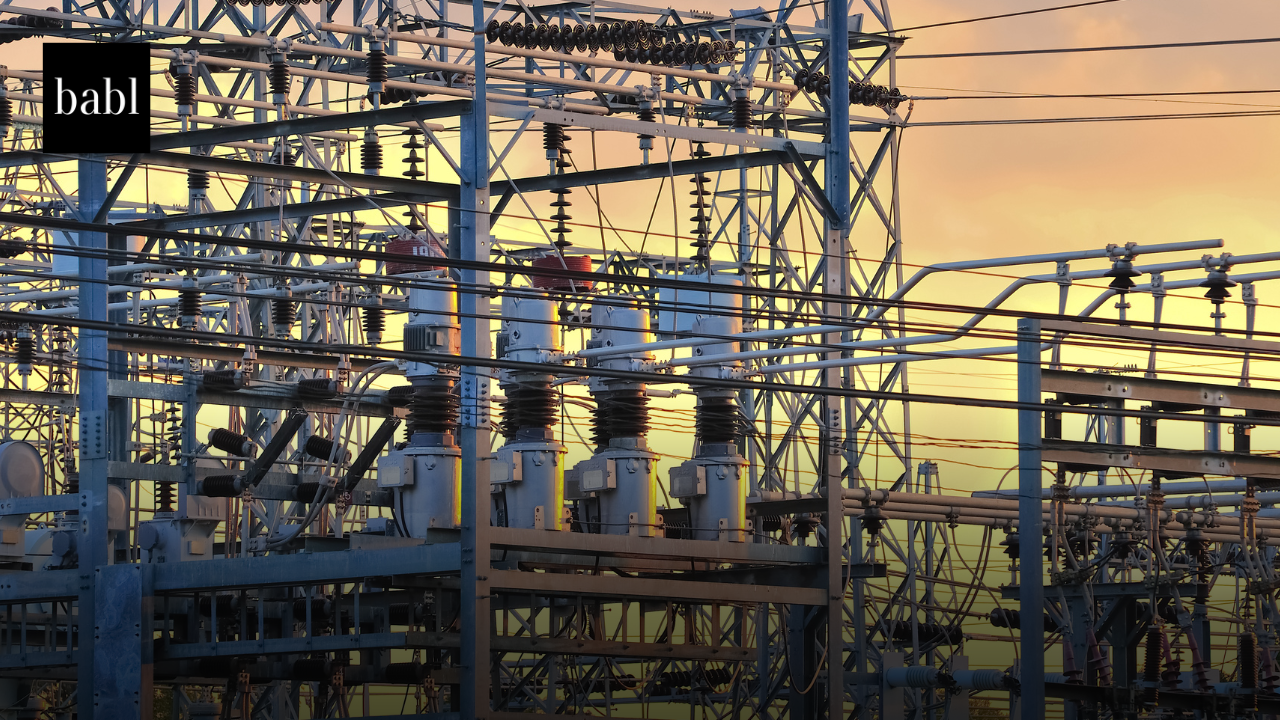The world’s artificial intelligence (AI) revolution is accelerating — and so is its electricity demand. According to a groundbreaking new report by the International Energy Agency (IEA), AI is reshaping the global energy landscape in ways policymakers and markets can no longer ignore.
The “Energy and AI” special report, released by the IEA in April 2025, is the first comprehensive global analysis of how AI is both driving energy consumption and offering powerful tools for optimizing the sector. The agency warns that meeting the surging demand for AI requires urgent action across infrastructure, policy, and energy investment — but also presents a generational opportunity to modernize energy systems worldwide.
At the heart of the challenge are power-hungry data centers, where AI models are trained and deployed. These facilities currently account for 1.5% of global electricity consumption, but that figure is set to more than double by 2030 — with the U.S. leading the growth, followed by China and Europe. In fact, by the end of the decade, U.S. data centers will consume more electricity than all of the country’s heavy industries combined, including steel, cement, and chemicals.
To meet this demand, the IEA outlines a multi-pronged approach: a diverse energy mix including renewables, natural gas, nuclear, and emerging technologies; massive investment in grid infrastructure; and smart planning to integrate AI-intensive systems into power networks. Without these changes, grid delays and bottlenecks could derail up to 20% of planned data center projects.
But AI is not just a burden — it’s also a transformative tool. The report details how AI is already optimizing oil and gas operations, forecasting renewable energy, improving grid resilience, and accelerating innovation in clean technologies like batteries and carbon capture. If widely adopted, AI-enabled efficiency gains could slash energy consumption equivalent to the total use of countries like Mexico or Australia.
Still, the benefits won’t come automatically. The IEA warns that the energy sector lags behind in digital skills and adoption, especially in developing economies where only 10% of data center capacity exists despite accounting for half the world’s internet users. It also cautions against overhyping AI’s climate benefits: while existing applications could cut global emissions by about 5% by 2035, rebound effects and rising power use from AI itself could offset gains.
The report concludes with a call for global cooperation: “Energy and tech are now on a journey together,” said IEA Executive Director Dr. Fatih Birol. “Delivering energy for AI — and unleashing AI for energy — will require collaboration, innovation, and urgency.”
Need Help?
If you’re concerned or have questions about how to navigate the U.S. or global AI regulatory landscape, don’t hesitate to reach out to BABL AI. Their Audit Experts can offer valuable insight and ensure you’re informed and compliant.





